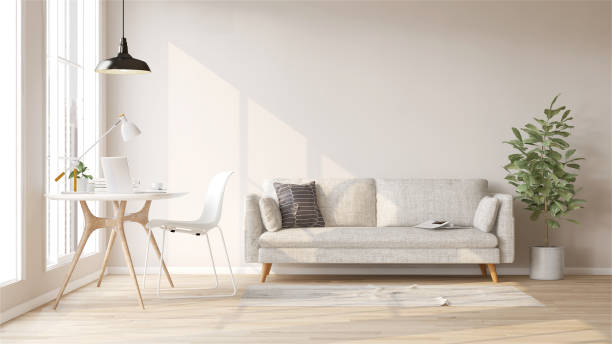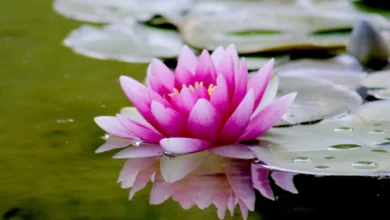Embracing Minimalism: Finding Joy in Simplicity
Embracing Minimalism: Finding Joy in Simplicity

In a world that often celebrates excess and the accumulation of material possessions, the concept of minimalism stands out as a refreshing and transformative way of living. Rooted in the idea of simplifying one’s life by shedding unnecessary clutter – both physical and mental – minimalism has gained a significant following over the past decade. More than just a design trend or a passing fad, minimalism offers a profound shift in perspective that can lead to a more intentional, fulfilling, and mindful existence.
Understanding Minimalism
Minimalism is more than just having a clean and clutter-free space. It’s a philosophy that extends beyond the physical realm, influencing various aspects of life – from how we think about our belongings to how we spend our time and energy. At its core, minimalism encourages individuals to focus on what truly matters by eliminating distractions and excess.
Simplicity in Possessions
One of the central tenets of minimalism is the conscious reduction of material possessions. Rather than being defined by the things we own, minimalism invites us to detach our sense of self-worth from objects. By decluttering our living spaces and curating our belongings, we create room for the things that genuinely add value to our lives. This process not only leads to a more organized and visually pleasing environment but also allows us to appreciate the beauty and utility of each item we choose to keep.

The Mental Clutter
Minimalism doesn’t stop at decluttering physical spaces; it extends to decluttering our minds as well. The constant barrage of information, notifications, and commitments in today’s digital age can lead to mental overwhelm. Embracing minimalism involves setting boundaries with technology, practicing mindfulness, and focusing on tasks with greater intentionality. By reducing mental clutter, we create space for creativity, clarity, and a heightened sense of well-being.
Freedom from Consumerism
Consumerism, the relentless pursuit of more and better possessions, often leaves individuals feeling unfulfilled despite their acquisitions. Minimalism offers an alternative by encouraging conscious consumption. Instead of mindlessly accumulating items, minimalists prioritize quality over quantity. This shift in mindset promotes a sense of contentment and gratitude for what one already possesses, fostering a healthier relationship with material goods.
Embracing Experiences
Minimalism directs our attention toward experiences rather than possessions. Investing in meaningful experiences, such as travel, learning, and spending time with loved ones, can bring a sense of fulfillment that material possessions often fail to provide. By channeling resources away from accumulating stuff and towards creating memories, minimalists discover a deeper, more profound sense of happiness.
Environmental Impact
In an era marked by concerns about environmental sustainability, minimalism aligns well with the principles of reducing waste and conserving resources. By buying less and making intentional choices, minimalists contribute to a more sustainable planet. The practice of reusing, repurposing, and recycling items also reduces the demand for new products, thus lowering the overall carbon footprint.

Getting Started with Minimalism
Embracing minimalism doesn’t require an overnight transformation. Instead, it’s a gradual process that involves reflection, conscious decision-making, and commitment. Here are some steps to get started:
- Assessment: Take stock of your belongings, both physical and digital. Identify items that hold value and bring you joy, and those that are simply clutter.
- Decluttering: Begin by decluttering one area at a time. Keep only the items that are meaningful and functional. Donate, recycle, or responsibly dispose of the rest.
- Digital Detox: Review your digital habits. Unsubscribe from unnecessary email lists, organize your digital files, and consider setting boundaries for screen time.
- Mindfulness Practice: Engage in mindfulness activities, such as meditation or journaling, to declutter your mind and foster mental clarity.
- Conscious Consumption: Before making a purchase, ask yourself whether the item adds genuine value to your life. Avoid impulse buying and seek out high-quality, long-lasting products.
- Prioritize Experiences: Allocate time and resources towards experiences that align with your passions and values.
- Continual Reflection: Minimalism is an ongoing journey. Regularly assess your living spaces, habits, and mindset to ensure alignment with your minimalist goals.
Conclusion
Embracing minimalism is about more than just owning fewer possessions; it’s a shift in mindset that enables us to focus on the aspects of life that truly matter. By decluttering our physical and mental spaces, we create room for intentionality, fulfillment, and joy. As we prioritize experiences over possessions and cultivate a deeper connection with the world around us, we discover the beauty and richness of a life well-lived in simplicity.





